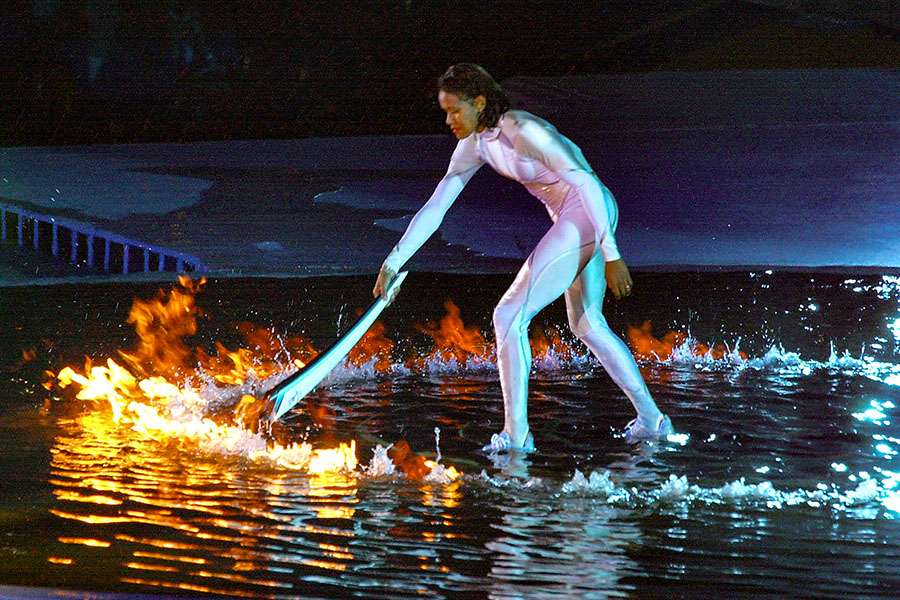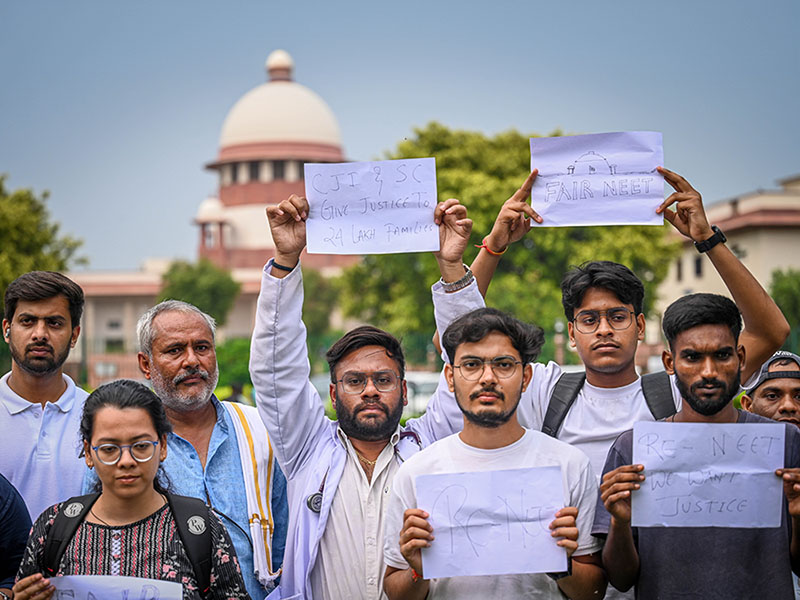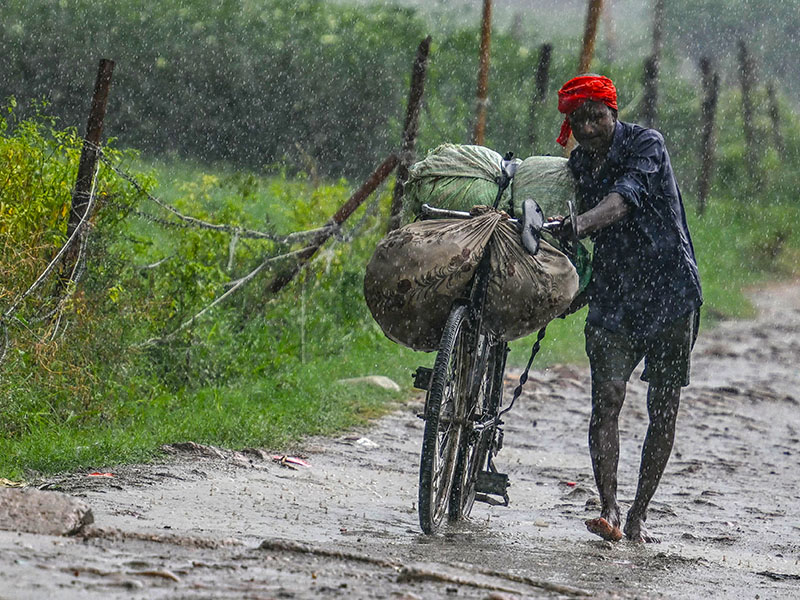
Journalism's Achilles Heel
A self-imposed need to hurtle from one sensational story to another puts journalists at the mercy of spin doctors and lobbyists
It’s hard not to have a day go by without receiving a text message or an email from friends asking why the mainstream media has been so cagey about discussing the Niira Radia tapes that were put in the public domain last week.
So what are some of these issues? At one level, the tapes expose something I’ve suspected for a long time: the level of dependence journalists have developed for a regular supply of “stories” from public relations firms and corporate lobbyists. Not so long ago, inside newsrooms, we'd describe these stories as "plants". Today, these stories sometimes go under the garb of "breaking news." The question to ask is: why are newsrooms indeed under so much pressure to let down their guard?
The simplistic answer is that covering contemporary issues in business and policy has indeed become a lot more complex. Any good journalist covering the Reliance gas court case would know just how hard it had become to sift the facts from the slanted and often one-sided views put out by spin doctors from both sides. In that cross-fire, it wasn’t easy to keep your focus on independent, unbiased reporting. Especially when with an explosion of news channels and print publications in the past five years, there is pressure on every publication to outdo the other to "break" stories.
There’s another good reason why any smart corporate lobbyist is able to run circles around journalists. As is evident from the tapes, they now have former bureaucrats and other senior corporate professionals on their payrolls. These folks prepare detailed background papers and notes that lazy journalists tend to lap up. Detailed briefings to select set of journalists have also become common.
It’s pretty clear that while spin doctors have indeed become a lot smarter in polishing the tools of their craft, newsrooms have simply not kept pace in dealing with this increasing sophistication. Most newsrooms have not invested in training people. Even an elementary skill of reading a company balance sheet is often missing. Young reporters, fresh out of journalism school, are thrown into the deep end and asked to ferret out “breaking” stories. I keep hearing complaints that there is very little supervision and guidance and increasing pressure to churn out stories every day. Old style newsroom editors who helped groom an entire generation of journalists have become a rare breed. Is it any surprise, therefore, that these young journalists fall prey to spin doctors?
Add to that, access is becoming an important lever in this cat-and-mouse game. If you’re an independent-minded journalist willing to talk to all sides and do a balanced story, you’ll increasingly run into companies who block out such professionals and only entertain requests from publications that are more amenable to their point of view. In these tapes, there are several references to the word "leverage." Threatening media publications with an advertising boycott has become a common tactic. And I’ve known quite a few editors who would rather dilute a sharp, investigative story, instead of offending corporate interests.
The sad truth is that most newspaper newsrooms simply don’t have the patience to deal with a journalist who refuses to be cowed down by such strong-arm tactics. If you aren’t filing—and filing enough—your job could well be at stake. These days, a lot many newsrooms have clearly laid down productivity targets, like filing four bylined stories a week. And reward systems are predominantly tied to quantity, rather than quality of work. The result: I’ve seen young journalists moving around like headless chickens trying to find scrapes of information that can then be cobbled together as news. Add to that a marked preference for wire-service reporting over old style newspapering with its splashy, attention-grabbing headlines is also turning the profession into a dull, routine job. It isn’t quite the survival of the fittest. And I’ve met several young reporters who are waiting for the first opportunity to get out of the profession.
Isn’t it time for the media industry to turn its attention inwards and question its own practices and correct its infirmities, my friends ask? I'd say this is long overdue. And some spirited industry-wide debate may not be a bad idea as well.














